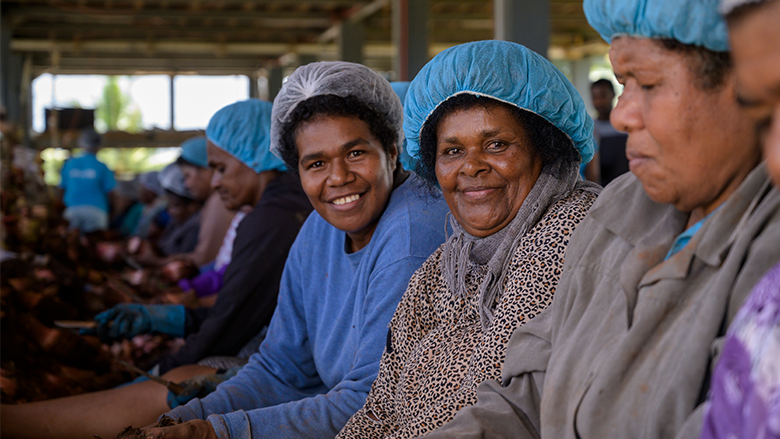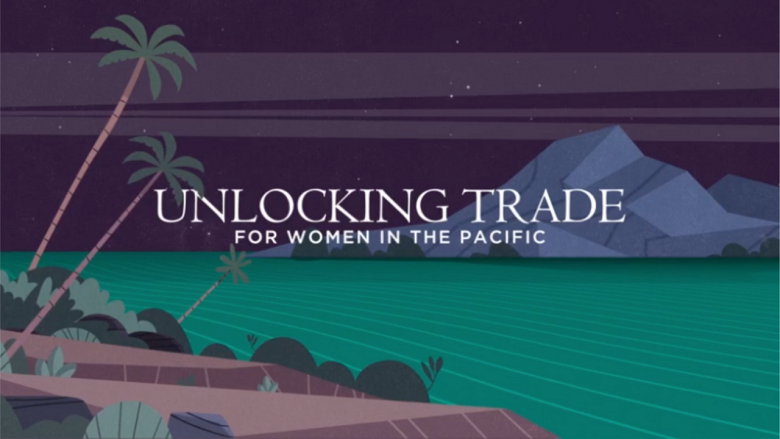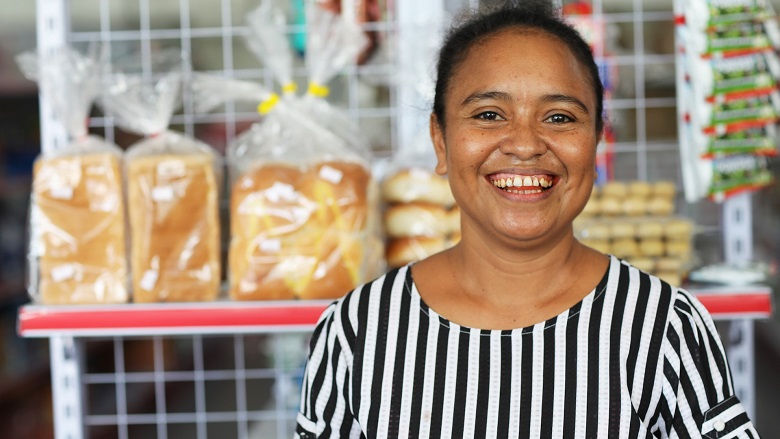The expansion of international trade can help address critical development challenges in the Pacific Islands and Timor-Leste – such as distance from major markets, dispersed populations and vulnerability to climate-related disasters – but the benefits of trade facilitation often impact men and women differently.
The World Bank Group has completed research to identify the specific challenges men and women traders face. Over 1,500 cross-border trading firms were surveyed in Fiji, Papua New Guinea, Samoa, Timor-Leste, and Vanuatu.


